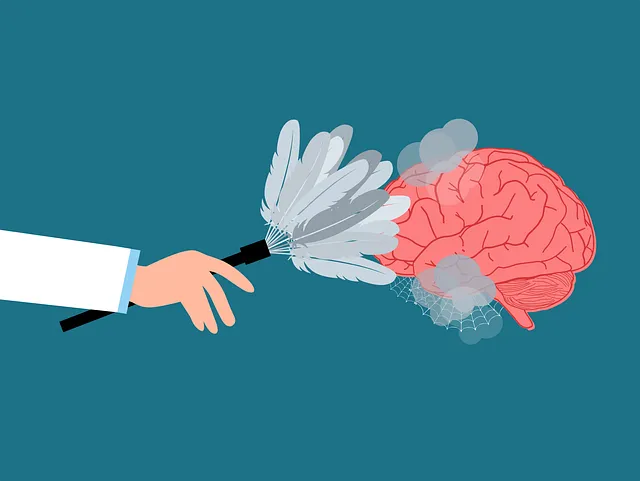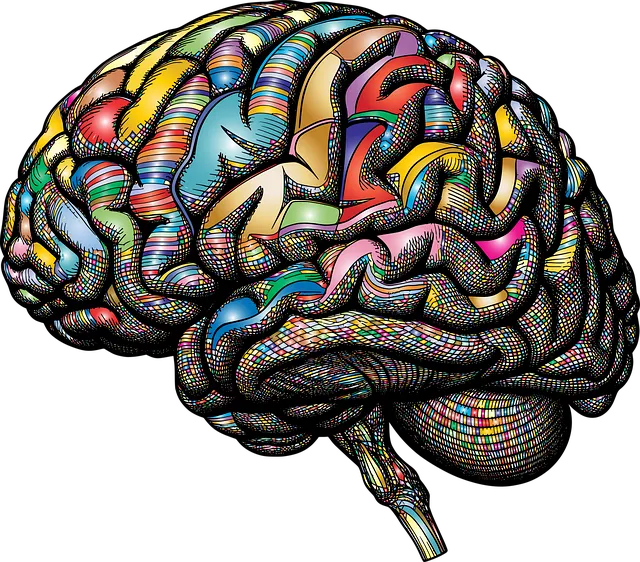Cultural diversity plays a pivotal role in shaping mental health experiences, influencing patient perceptions, emotional expression, and treatment responses. At Littleton Kaiser Permanente, prioritizing cultural sensitivity is key to providing effective care. By embracing diverse cultural perspectives and adapting their approaches, behavioral health providers can build trust, better serve patients from various backgrounds, and ultimately enhance the mental wellness of all individuals in their care. This includes incorporating holistic healing methods and tailoring evidence-based practices to meet unique cultural needs, fostering a supportive healthcare environment for everyone.
In an increasingly diverse society, cultural sensitivity in mental healthcare is more crucial than ever. This article explores the profound impact of cultural diversity on mental well-being and delves into the challenges faced by Littleton Kaiser Permanente behavioral health providers. We examine how cultural backgrounds shape mental health experiences and navigate barriers to care, communication gaps, and language differences. Additionally, we present strategies for fostering culturally competent practice, emphasizing inclusive treatment approaches and building trust among diverse client populations.
- Understanding Cultural Diversity and Its Impact on Mental Health
- – Exploring the significance of cultural sensitivity in mental healthcare
- – Recognizing the influence of cultural background on mental health experiences
Understanding Cultural Diversity and Its Impact on Mental Health

Cultural diversity is a rich fabric that weaves together various belief systems, traditions, and communication styles—all of which play a significant role in shaping mental health experiences. In the context of Littleton Kaiser Permanente behavioral health providers, recognizing and respecting this diversity is paramount. Every patient brings their unique cultural lens, influencing how they perceive and express emotional distress, seek support, and respond to treatment.
Understanding these nuances is crucial for promoting effective care and fostering a sense of trust. For instance, certain cultures may prioritize collective over individual experiences, impacting the way clients disclose personal struggles. Others might have specific rituals or practices that contribute to their overall mental wellness. By embracing cultural sensitivity, Littleton Kaiser Permanente behavioral health providers can adapt their Emotional Well-being Promotion Techniques to be more inclusive and better serve a diverse range of patients, enhancing Mental Health Awareness and ultimately improving Mental Wellness for all individuals in their care.
– Exploring the significance of cultural sensitivity in mental healthcare

Cultural sensitivity is a cornerstone in providing effective mental healthcare services, especially when catering to diverse communities like those served by Littleton Kaiser Permanente behavioral health providers. Understanding and appreciating cultural differences can significantly enhance patient outcomes and satisfaction. In a world where mental health issues transcend borders, recognizing that individuals from various ethnic, racial, and socio-cultural backgrounds may approach healing differently is paramount.
For instance, what constitutes healthy emotional expression in one culture might differ vastly from another. The journey towards emotional healing processes and coping skills development is deeply intertwined with cultural context. Therefore, Littleton Kaiser Permanente behavioral health providers must be adept at navigating these nuances to foster a safe and supportive environment for all patients. This involves not just listening but also actively learning about the unique cultural perspectives of their clientele.
– Recognizing the influence of cultural background on mental health experiences

Understanding the impact of cultural background on mental health is a crucial aspect of care that Littleton Kaiser Permanente behavioral health providers must embrace. Every individual’s experience with mental health issues is shaped by their unique cultural lens, influenced by factors such as community values, family dynamics, and historical context. Recognizing these nuances is essential in creating inclusive and effective treatment plans. For instance, certain cultures may view mental illness through a spiritual or traditional lens, emphasizing the importance of rituals or community support systems, which are integral to holistic healing.
By acknowledging cultural differences, Littleton Kaiser Permanente behavioral health providers can tailor their approach to better serve diverse populations. This involves actively listening to patients’ stories, understanding their cultural context, and incorporating relevant therapeutic methods. Such sensitivity not only enhances patient-provider relationships but also ensures that evidence-based practices are adapted to resonate with the specific needs of each individual, ultimately improving treatment outcomes and fostering a more supportive healthcare environment for all.
Cultural sensitivity is a cornerstone of effective mental healthcare, especially for the diverse patient population served by Littleton Kaiser Permanente’s behavioral health providers. By recognizing and respecting cultural backgrounds, these providers can create inclusive environments that foster trust and improve treatment outcomes. This approach ensures that every individual receives care tailored to their unique needs, ultimately enhancing the overall mental well-being of the community.


